This article has been reviewed according to Science X's editorial process and policies. Editors have highlighted the following attributes while ensuring the content's credibility:
fact-checked
reputable news agency
proofread
Weeds grow at London's Chelsea Flower Show
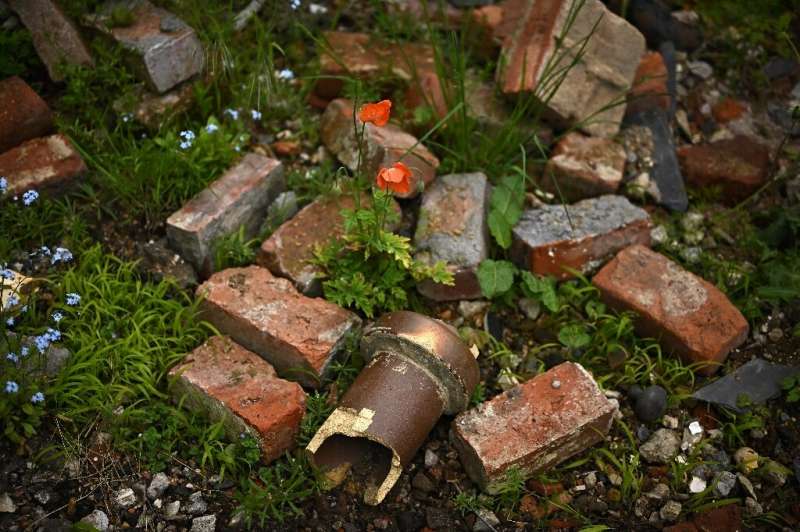
Nettles, dandelions, brambles: weeds—once considered a scourge—are taking pride of place at London's Chelsea Flower Show as gardeners concern themselves more than ever with biodiversity and sustainable development.
Around 145,000 visitors, including King Charles III and Queen Camilla, are expected to attend the five-day annual horticultural extravaganza starting on Tuesday, one of the most popular of its kind worldwide.
Visitors can enjoy a selection of specially planted gardens showcasing themes and trends.
In 2022, the gold medal went to a garden celebrating rewilding after the reintroduction of beavers to the southwestern England.
This year, no less than one third of the 12 main gardens in competition feature weeds such as nettles, knapweed, dandelions, chickweed or buttercups that generations of gardeners have spent their lives rooting out.
Six-time Chelsea Flower Show gold-medal landscape designer Cleve West has managed to include 19 weed species in his garden for the Centrepoint Association.
West said the garden, constructed around the dilapidated remains of a 19th-century house, was for him the perfect metaphor for the young homeless people the charity cares for, who shouldn't be written off.
Biodiversity
"Weeds play a very significant part in repairing land. When land has been disturbed, weeds are the first things that go. They are pioneer plants that go in and repair the soil," he told AFP.
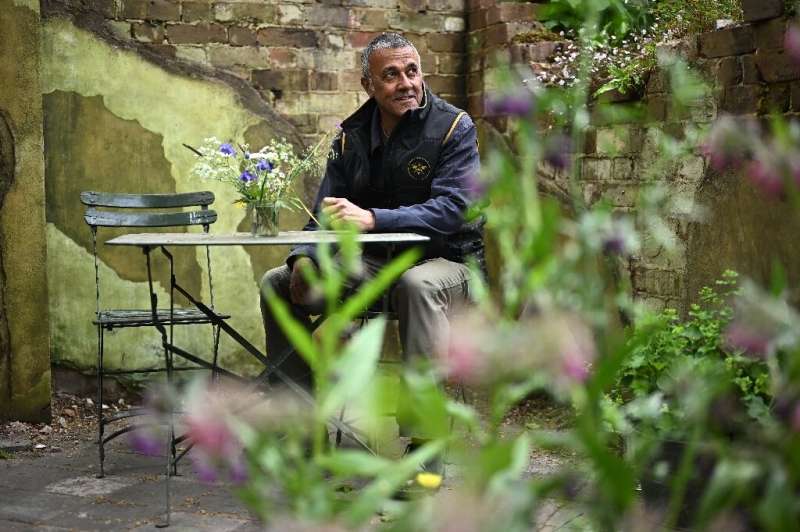
"They sort of have a microbial activity in the soil that helps make soils healthy, fertile and it provides food for early pollinators—even homes for some invertebrates," he said.
"So they play a very important part in biodiversity."
This is the first time he has planted weeds in a competition garden.
He says he is fascinated by all "the life forms they support" and urges gardeners to make space for them if possible to discover the "intricacies involved in how plants grow together".
Jilayne Rickards has designed the "Fauna and Flora" garden, which invites visitors on an eco-trek to Rwanda's Virunga mountains in the footsteps of gorillas and includes a spectacular waterfall.
"Thistles and brambles and nettles... this is typical gorilla habitat," she said of the weed species that she cultivated in Cornwall, southwestern England.
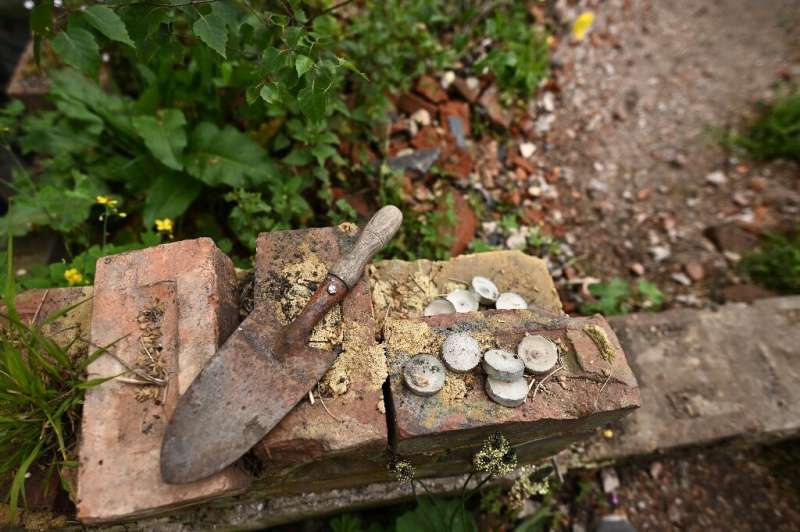
"We spend a lot of time ripping these things out of our garden, not aware of perhaps the amount of wildlife and biodiversity it actually supports," she said.
Another garden, designed by landscape architect Tom Massey with a laboratory dome, is devoted to the role and understanding of insects. Here again, weeds have their place, including dandelions and clover.
The concept of celebrating weeds, however, is not without its critics at a show famed for the creativity and meticulousness of its beautiful gardens.
"The war against traditional gardens is about to go nuclear," is how conservative newspaper The Daily Telegraph summed up the latest weed-friendly trend.
'Traditionalists'
Celebrity gardener Alan Titchmarsh told Country Life magazine the aim of the Royal Horticultural Society's flagship show was to reward gardening excellence.
-
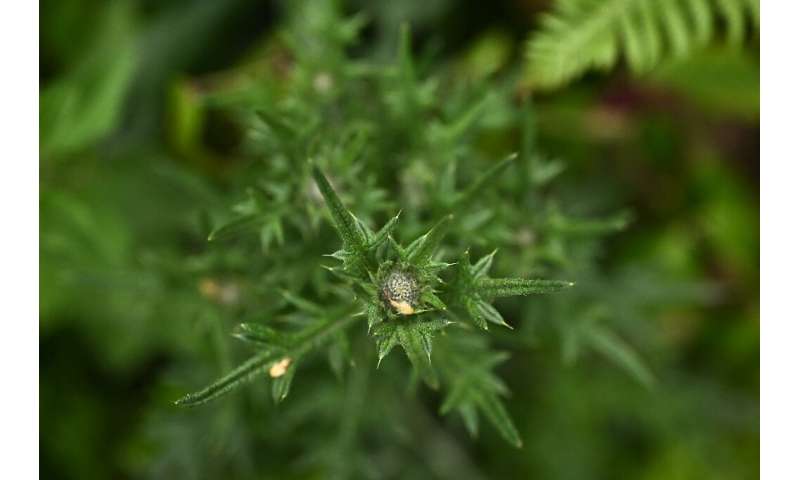
Not everyone is happy about the inclusion of species such as dandelions and thistle. -
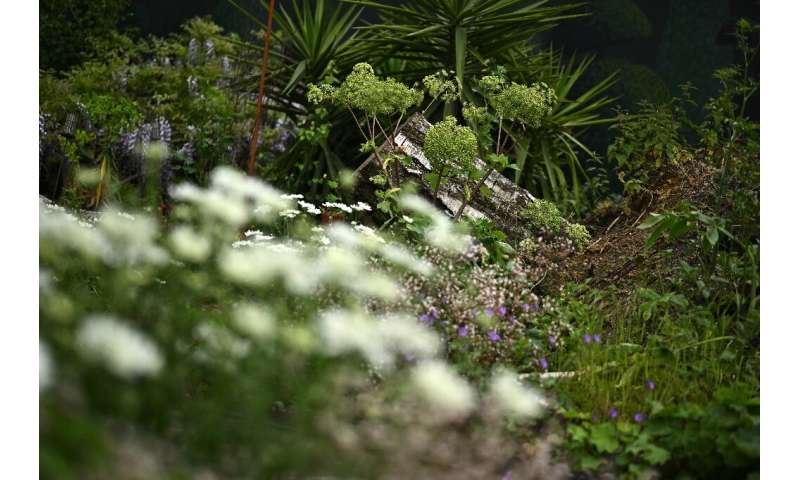
The RHS hopes including weeds will dispel myths about gardening being only for traditionalists. -
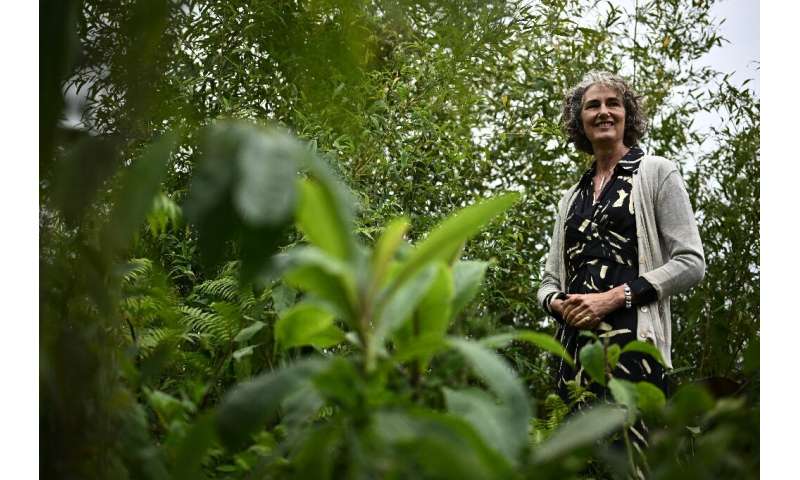
Designer Jilayne Rickards says weeds support wildlife and biodiversity.
This was being "obscured", he said, by a need to show gardeners were not "dyed-in-the-wool traditionalists" but "vibrant folk with a finger on the current environmentalist pulse", he said.
Even so, weeds have not yet succeeded at complete domination.
The 12 main gardens in competition—out of a total of 36—use an average of 3,000 different plants. The smallest, dedicated to balconies and potted plants, has around a hundred.
Themes range from edible plants—with a chef using them to prepare meals—to Korean herbal medicine, wellness and listening.
All the gardens will be recycled, donated for example to a hospital or communities.
© 2023 AFP



















